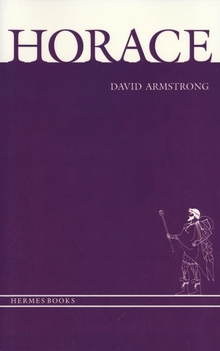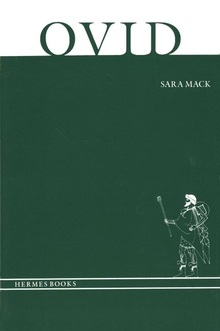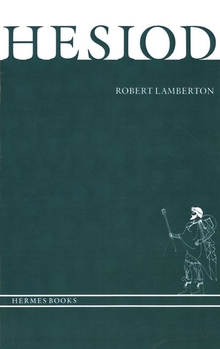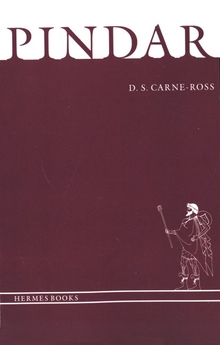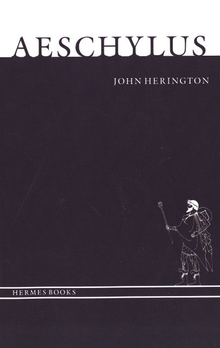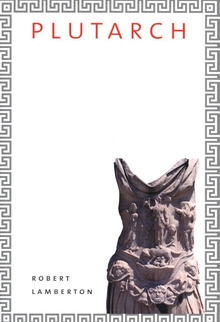Homer
WARNING
You are viewing an older version of the Yalebooks website. Please visit out new website with more updated information and a better user experience: https://www.yalebooks.com
Paolo Vivante
Out of Print
Most studies of the Homeric poems have been dominated by the historical and anthropological views, concentrating on their place in the oral tradition and diverting attention from the nature of the poetry itself. Paolo Vivante offers us an intense look at the Iliad and the Odyssey, focusing on the poetic treatment of story, characters, and nature.
Vivante discusses Homer’s sense of time, the capacity to resolve any complex event into the creative moments of its realization. Rather than narrative, Homer presents events in the making, as the story takes shape through the rhythm of successive acts. The recurrent phrases (the “formulas”), far from being an “oral” device, affirm the reality of acts that cannot help but fulfill their allotted moment. Arbitrary description yields to the self-consistency of the human condition.
Vivante shows how such a mode of representation results in a sense of truth. Since the story is presented as moment to moment experience, the style itself reflects the clarity of what is possible and convincing. Hence the curtailment of the mythical, the humanization of gods and heroes. Homer’s poetry continually transcends the mythology of the background.
The last chapter, “Age and Place of Homer,” relates the poems to the spirit of eighth-century Ionia. Homer is placed at the center of a renaissance, not seen as the ultimate spokesman of a long epic tradition.
Publication Date: September 10, 1985


